(March 1, 2022) In February 2021, mental health platform InnerHour raised $5.2 million led by Lightbox. The app, a digital self-help platform gives users access to a range of services – methods to manage stress, anxiety, consultations with licensed therapists, etc. Life has come full circle for its Mumbai-based co-founder and mental health expert Dr Amit Malik, who had returned to India with the intention of bringing mental healthcare to a society where the very idea of seeking external help remains taboo. The app is now clocking three million downloads highlighting the need for calm amidst the storm – pandemic or otherwise.
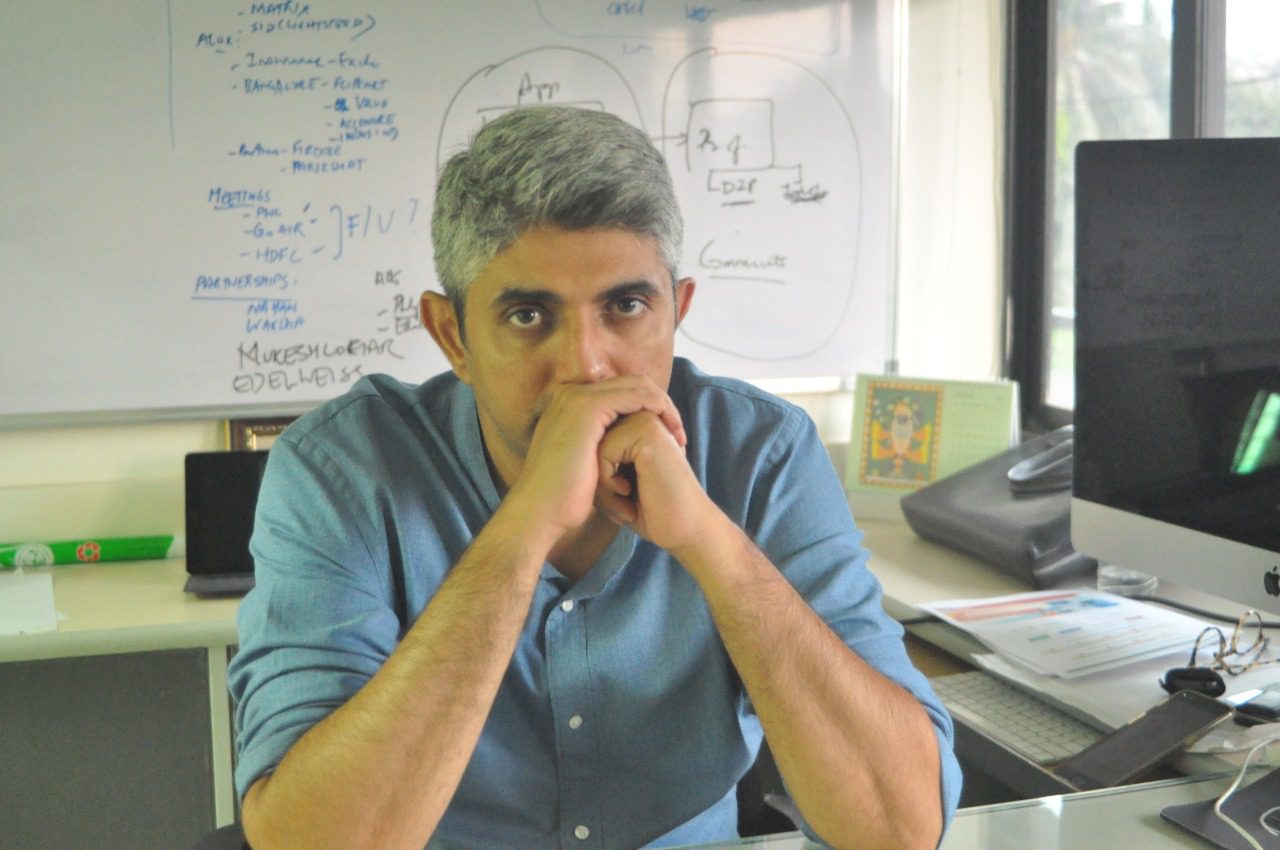
Dr. Amit Malik, founder and CEO, InnerHour
In Mumbai, as he navigated one of the most high-stress environments in the world, he only realised the growing need for adequate mental health services. India accounts for a third of the global burden of depression, addictions and suicides, while access to treatment remains either difficult, scarce or is outright shunned. Back in India, the mental health expert Dr Amit Malik took his two-decade-long career in psychiatry forward to tackle India’s mental health. Having worked with the NHS Foundation Trust in the UK, and serving as a member of the Council of the Royal College of Psychiatrists, the European Board of Psychiatry, and the standing committees of the European Psychiatric Association, he had the tools to move forward. A prolific writer, Dr Malik has also co-authored six textbooks, been published in several international academic journals, and even done a stint as a member of the editorial board for two reputed publications – International Psychiatry and International Journal of Social Psychiatry.
Returning to his roots
“It was the urge to go to the grassroots, and solve mental health problems that brought me back to India,” says mental health expert Dr Malik, in an interview with Global Indian. “It’s not just that India is close to my heart, it’s also a country where the problem is very large. Some 190 million Indians suffer from mental health ailments and around 90 to 95 percent of these never get help,” he explains.
Dr Amit arrived in the UK in 2001 for postgraduate training in psychiatry at the University of Nottingham. He then went on to become a member at the Royal College of Psychiatrists. Raised into a family of engineers, Dr Amit was born in NCR, and did MBBS at Kasturba Medical College, Manipal. “My mother’s sister was a doctor, and we were very close. Looking back, I have wanted to be a doctor as far back as I can remember, and she was an inspiration,” recalls the mental health expert. After medicine, he went on to do a master’s in business administration from the London Business School, and also holds a diploma in geriatric medicine from the Royal College of Physicians in London.
‘Tech that’
“The situation in India intrigued me – I wanted to solve difficult problems in healthcare, working with issues like providing early access to people with mental health difficulties, how to break the stigma, and poor awareness barriers, and how to build large scale standardised services that could provide good quality treatment,” mental health expert Dr Malik explains.
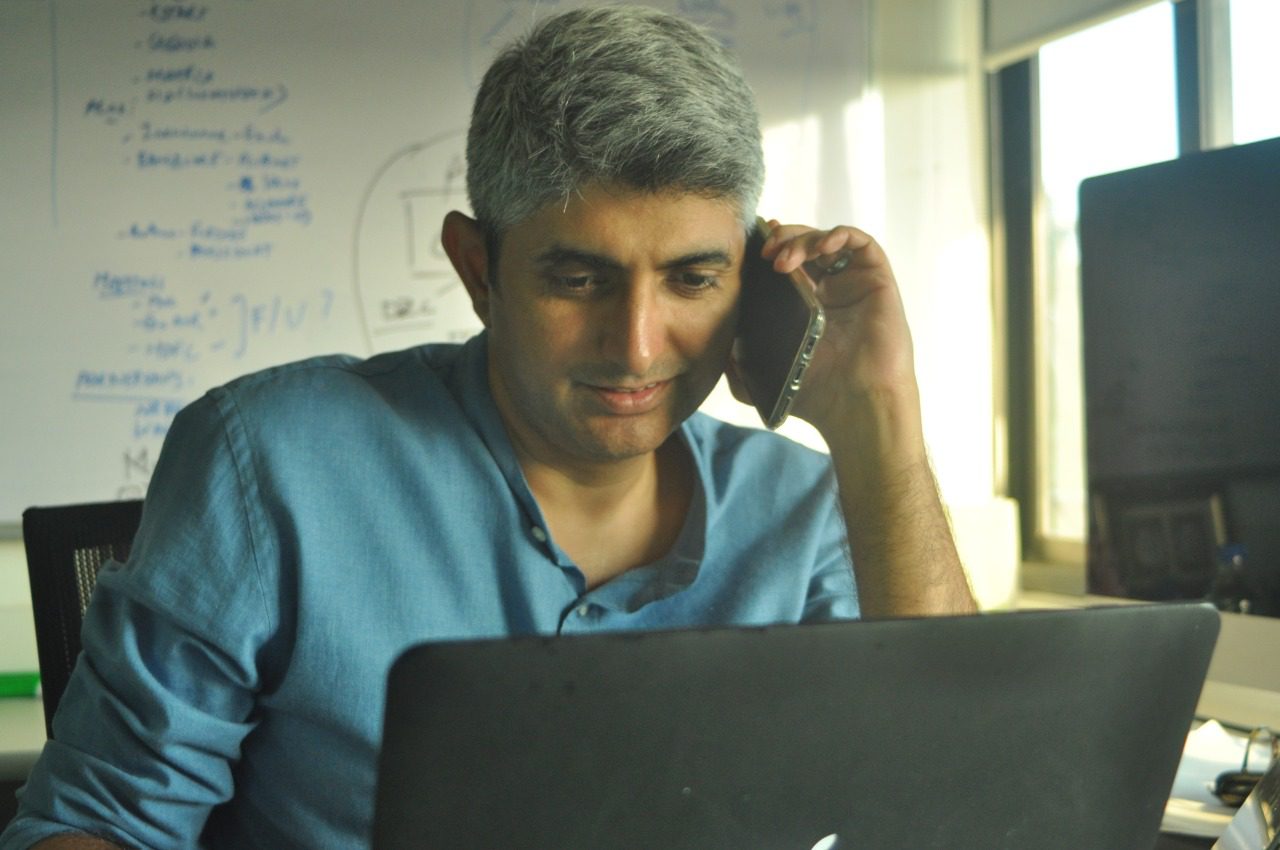
Dr. Amit Malik
Technology provided just the breakthrough and the idea for InnerHour. The startup aimed at leveraging technology in combination with high quality scientific clinical practices to provide awareness and timely access. “We created a model that would cater to an entire spectrum of needs, from access to receiving help, support in difficult times and providing ongoing support as well.” says the mental health expert.
A changing landscape
Despite the taboos and challenges that India faces, InnerHour has been received with enthusiasm from clients and investors alike. What started out as an 18-member team grew to over 100 in the past year alone, Dr Malik says. “We do five times as many therapy sessions now than we did before. Our app is also nearing three million downloads, which is a threefold increase. We’re also generating six to seven times the revenue compared with 2021. In 2021, we have been able to help more people than we did in the four years before that,” smiles the mental health expert.
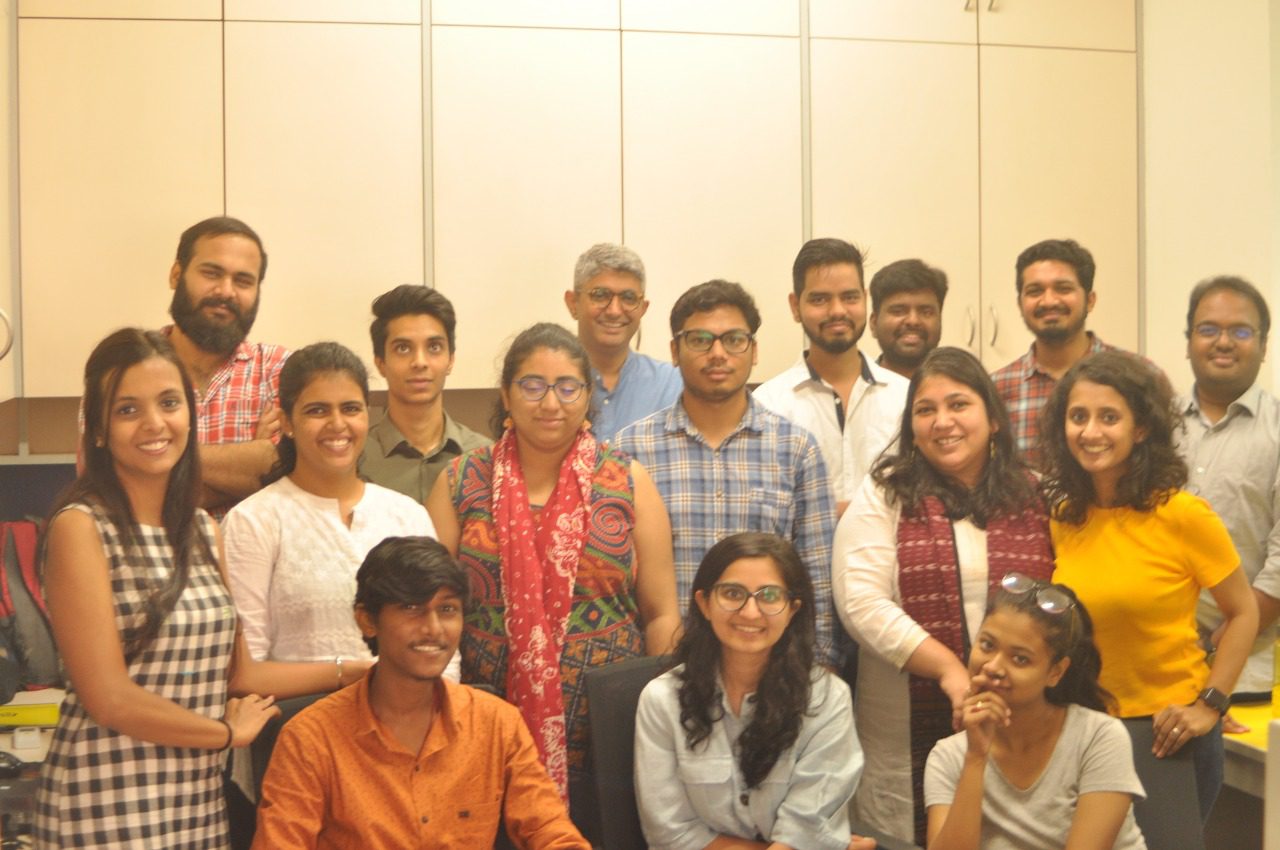
InnerHour Team
Awareness has grown tremendously. Explaining the exponential growth of his company, the mental health expert adds, “Celebrities like Deepika Padukone and Virat Kohli talking about mental health in public has worked, and the recent mental healthcare act has also gone a long way. I am happy to see that these problems are being given the spotlight. People are finally shunning the stigma, and accepting that mental health is as important as physical health. More than 60 percent of our clientele are from tier 2 and sub-tier 2 cities. We have a long way to go but the gap has narrowed,” says the founder-psychiatrist.
Looking to the future
Online counselling, revolutionary though it has been, cannot compensate for offline treatment. People between the ages of 18 and 45 are very tech-savvy but need to be reached out to in person. “Those with severe and acute needs cannot be addressed with online, so we are in the process of opening offline centres in Delhi and Bengaluru, in the next three months,” says the mental health expert.
The doctor’s wife works in the financial services sector. He enjoys playing basketball and table tennis with his son. The psychiatrist turned entrepreneur is a voracious reader devouring at least a couple of books every fortnight. With family and friends all living nearby, his social calendar, he says, is rarely empty!
- Follow Dr. Amit Malik on LinkedIn

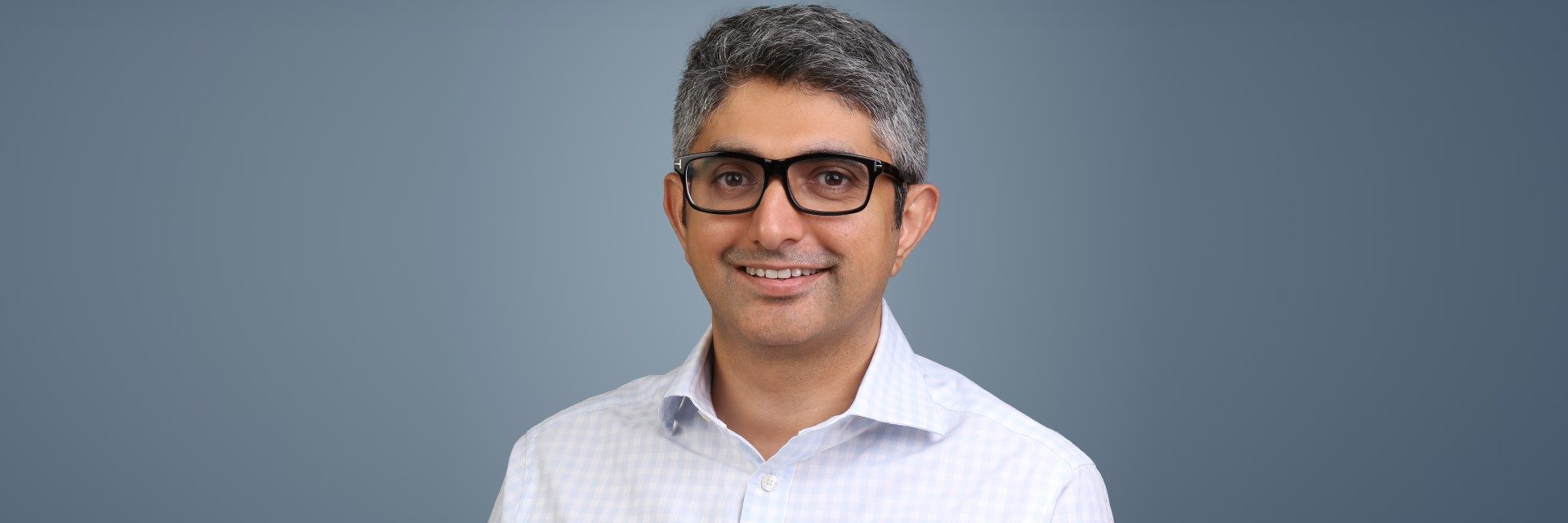
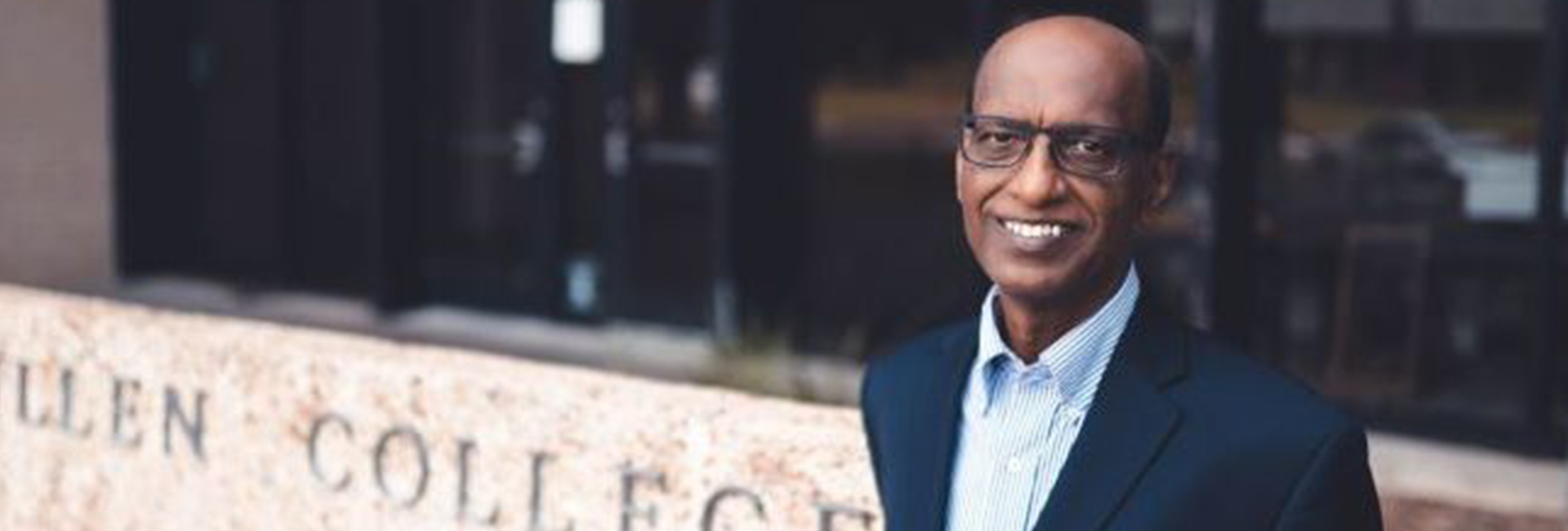
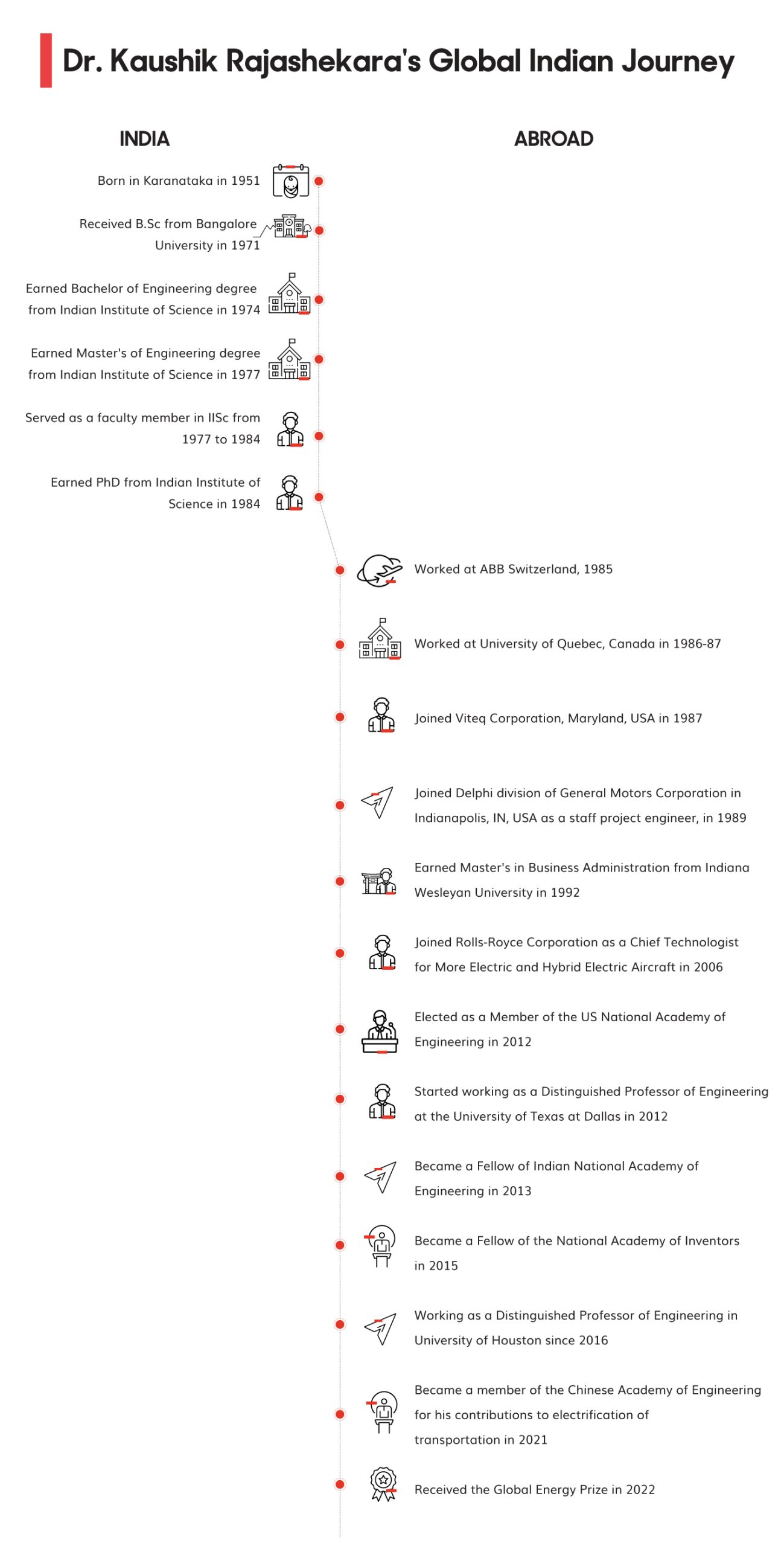

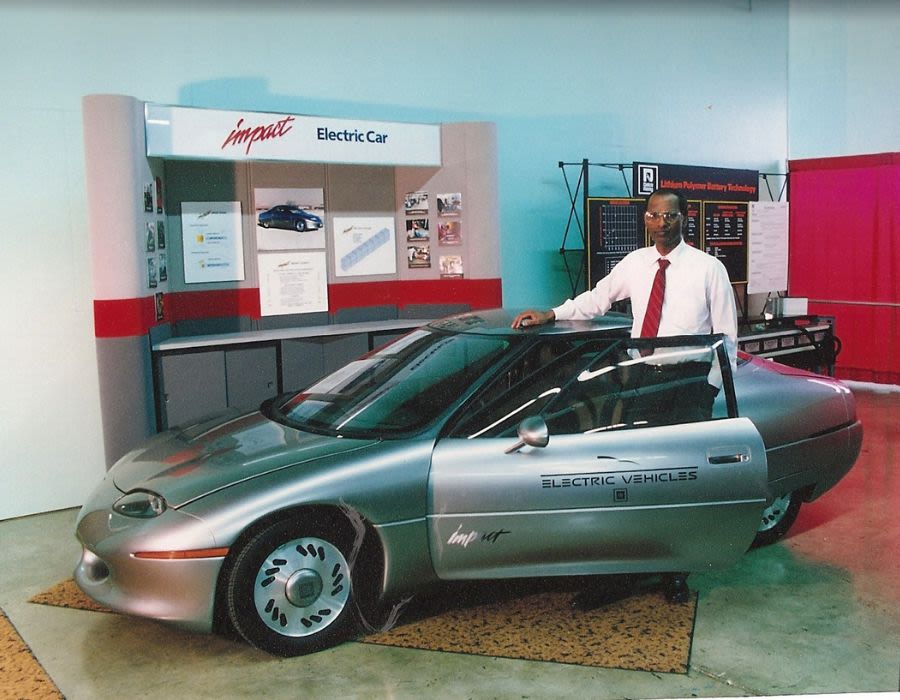 Dr, Rajashekara with GM Impact electric vehicle in 1993[/caption]
Dr, Rajashekara with GM Impact electric vehicle in 1993[/caption]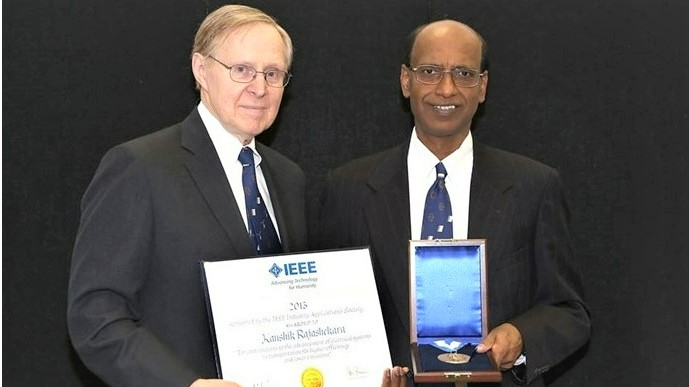 Dr. Rajashekara receiving the prestigious IEEE Kaugmann award from IEEE President, 2013[/caption]
Dr. Rajashekara receiving the prestigious IEEE Kaugmann award from IEEE President, 2013[/caption]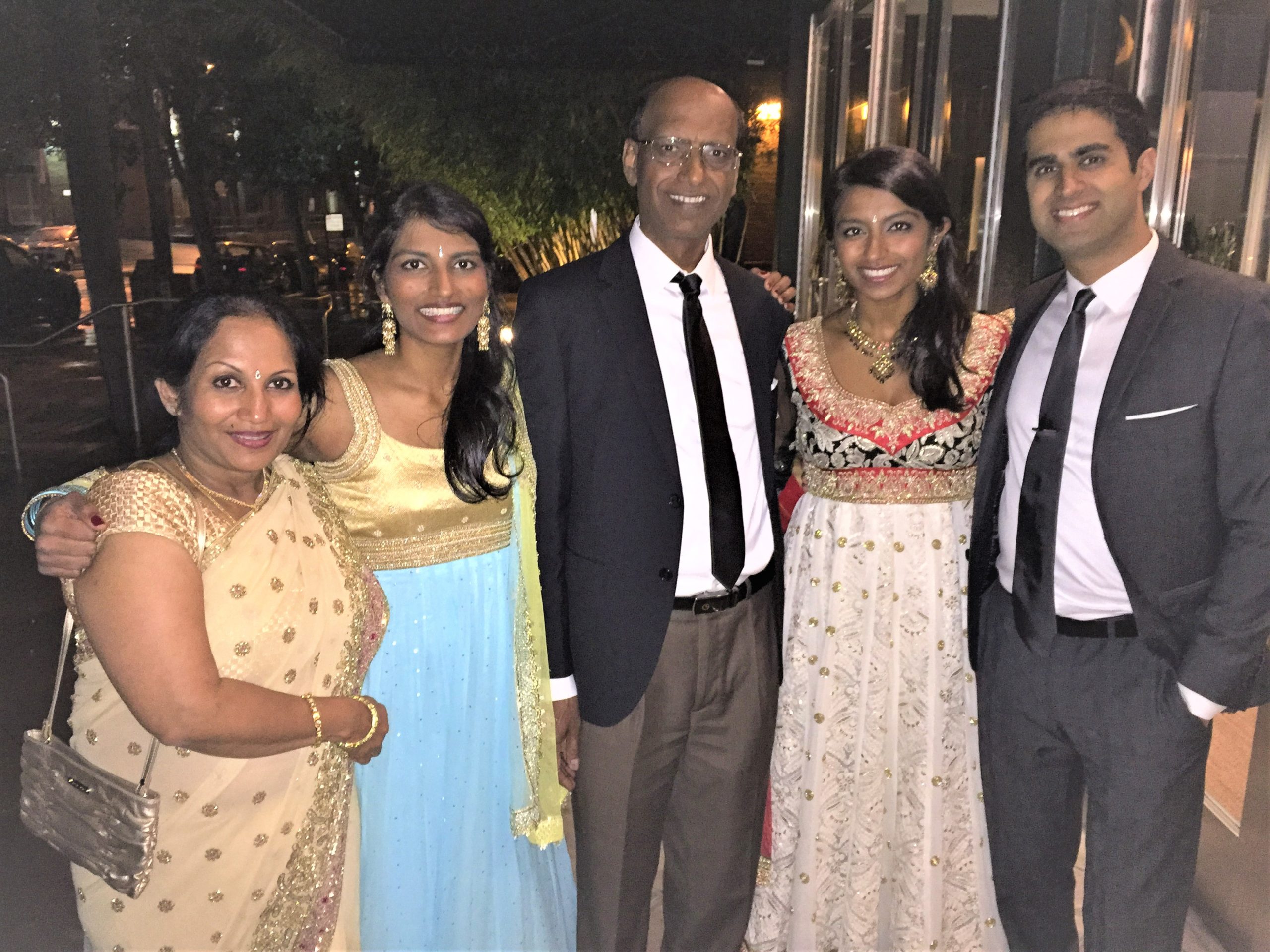 Dr. Rajashekara with his family[/caption]
Dr. Rajashekara with his family[/caption]
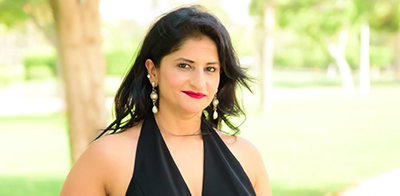 Reema Mahajan, founder, Indian women in Dubai[/caption]
Reema Mahajan, founder, Indian women in Dubai[/caption]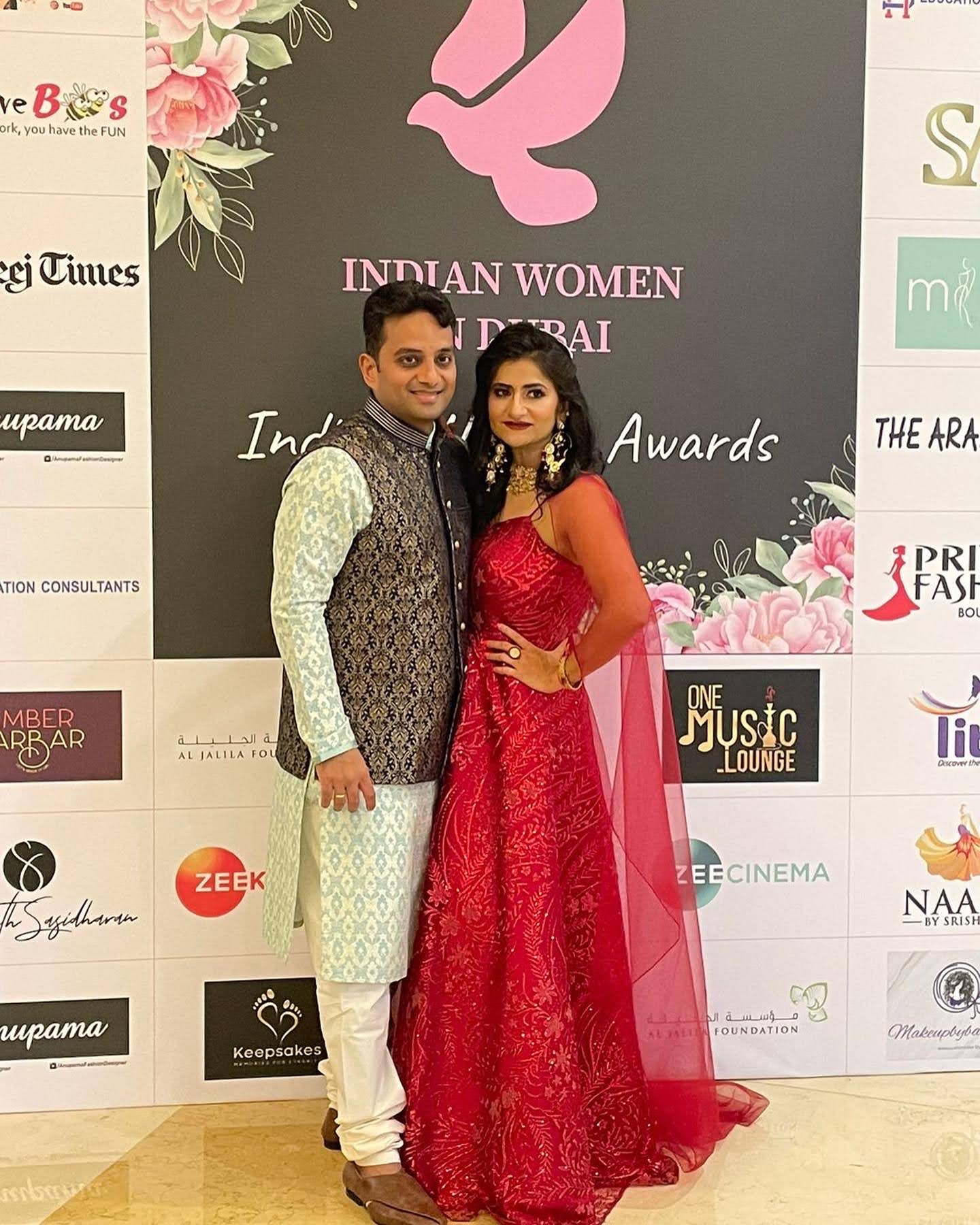
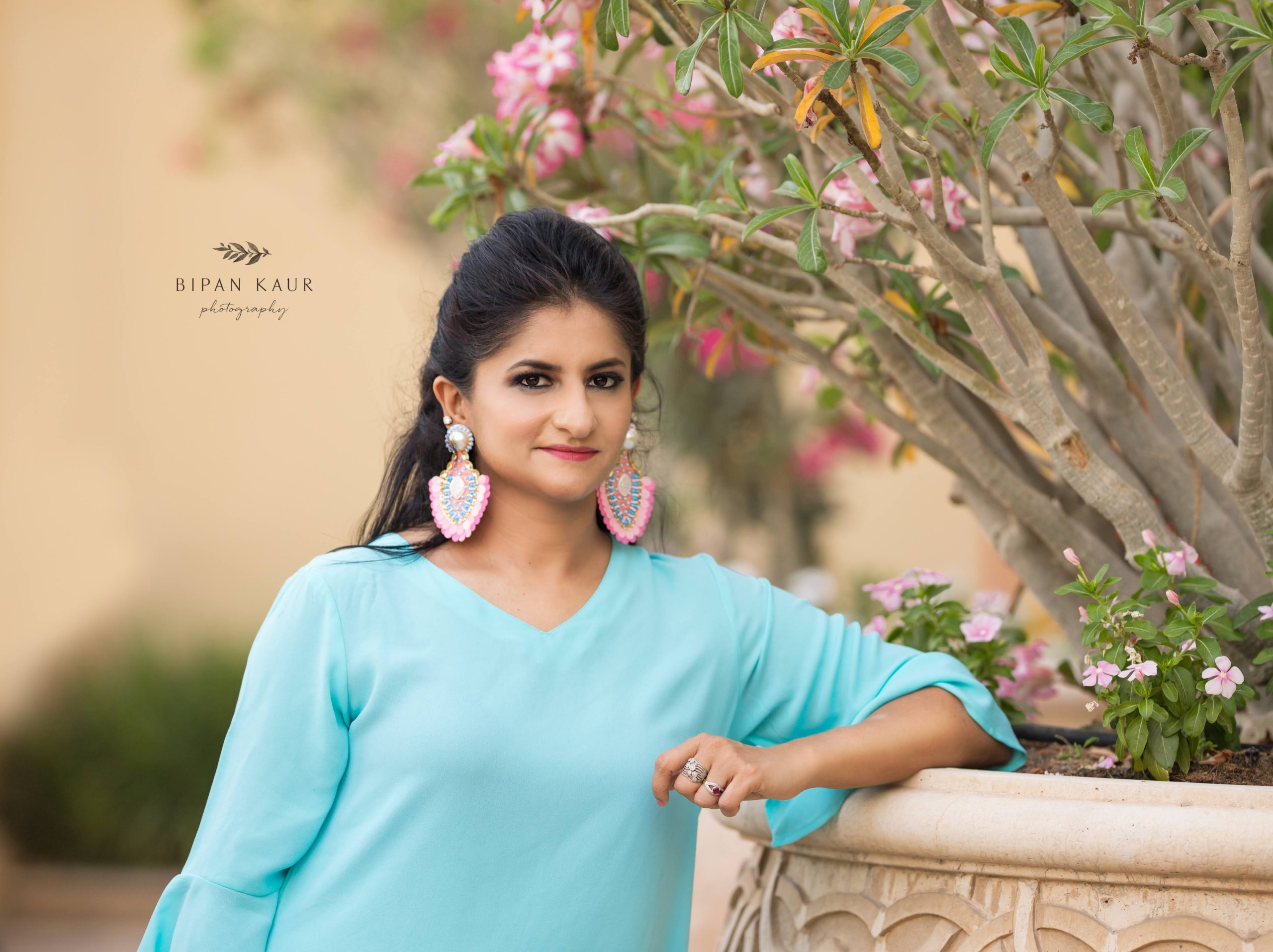


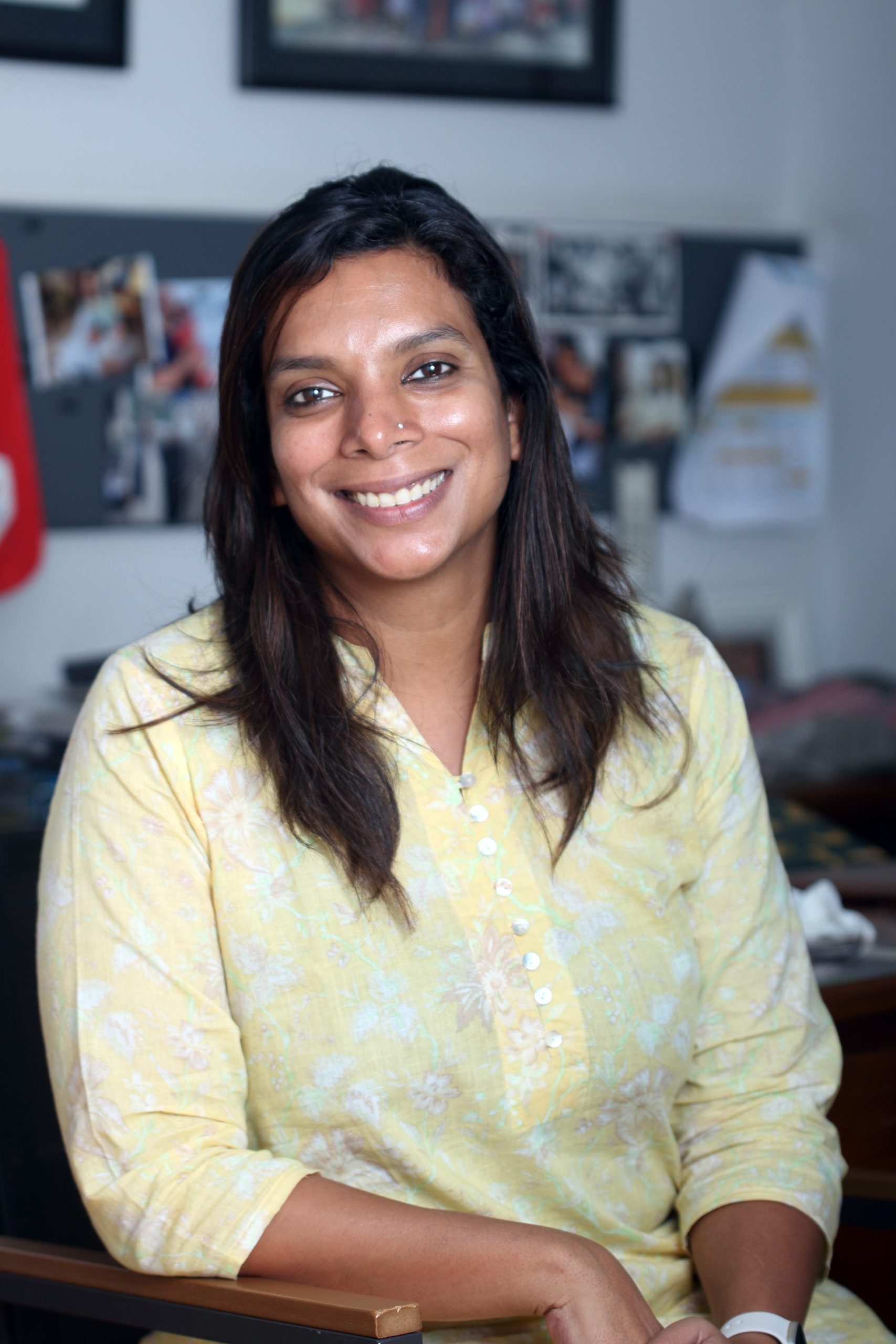 Mallika Ghosh, Parinaam Foundation[/caption]
Mallika Ghosh, Parinaam Foundation[/caption]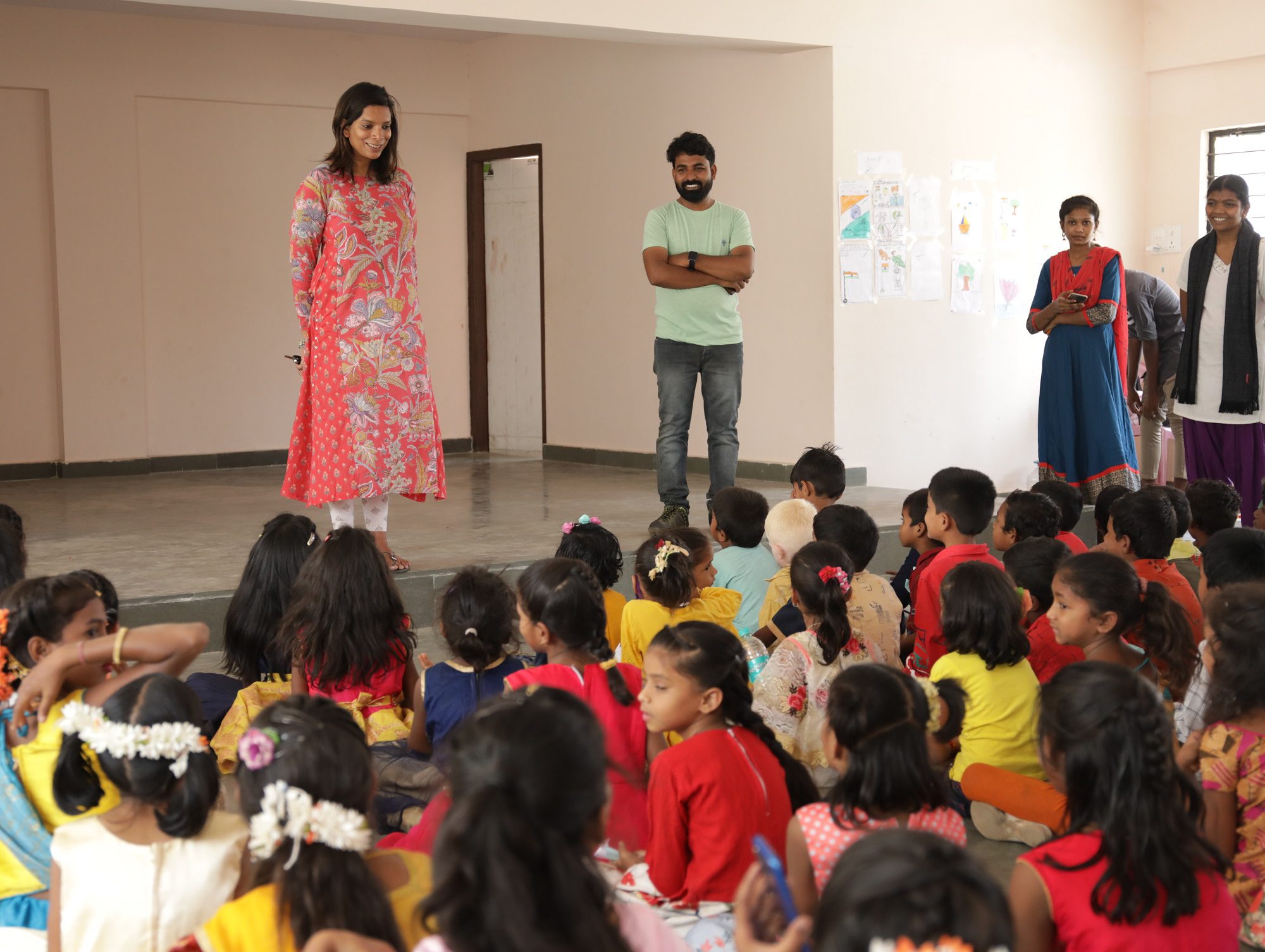
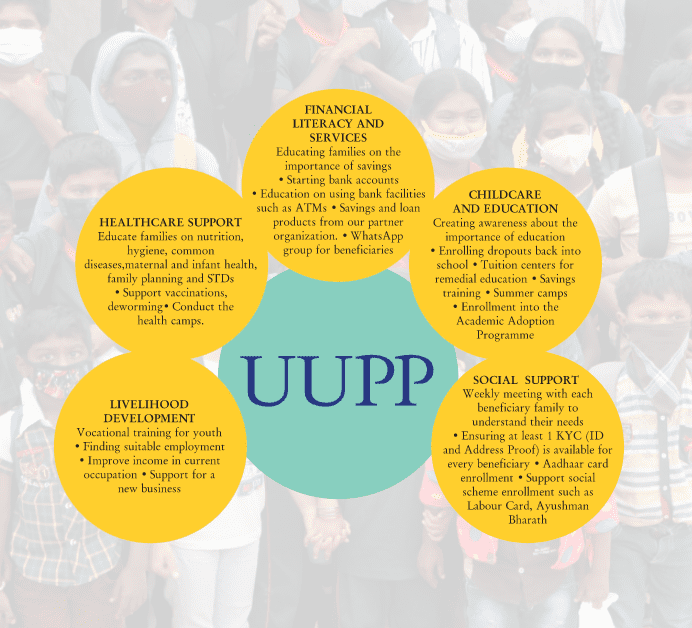 Image credit: Parinaam Foundation[/caption]
Image credit: Parinaam Foundation[/caption]
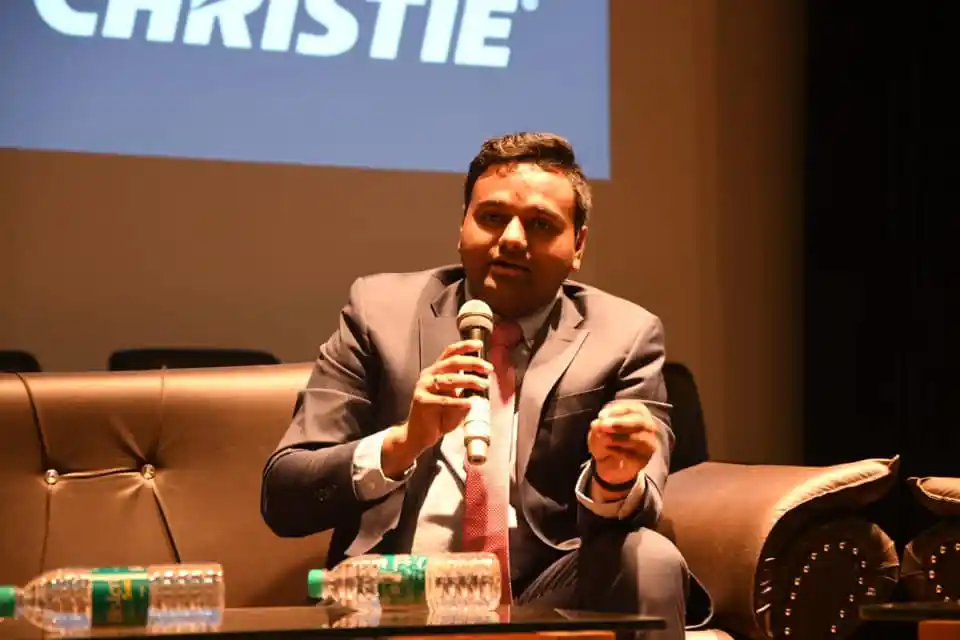 Prakash Kumar Jha[/caption]
Prakash Kumar Jha[/caption]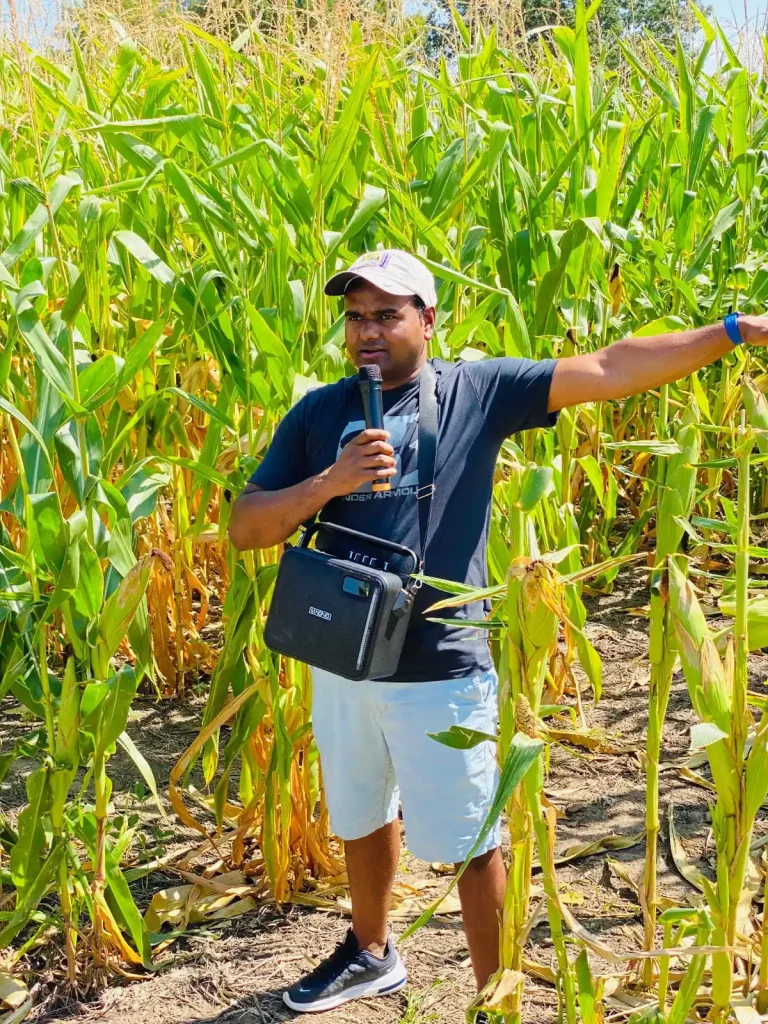 Prakash Kumar Jha[/caption]
Prakash Kumar Jha[/caption]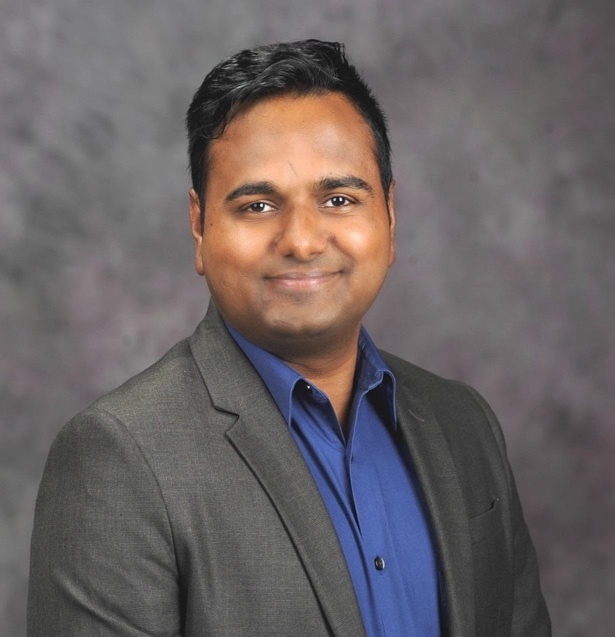 Indians in USA | Prakash Kumar Jha | Global Indian[/caption]
Indians in USA | Prakash Kumar Jha | Global Indian[/caption]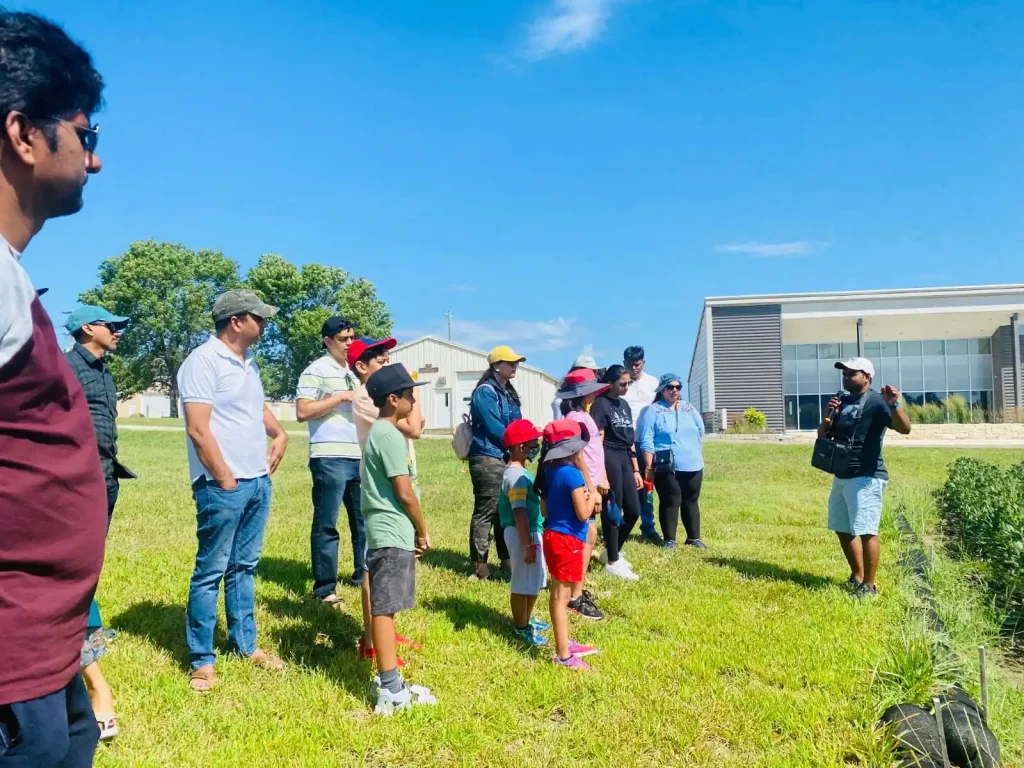 Prakash Kumar Jha conducting a field visit[/caption]
Prakash Kumar Jha conducting a field visit[/caption]